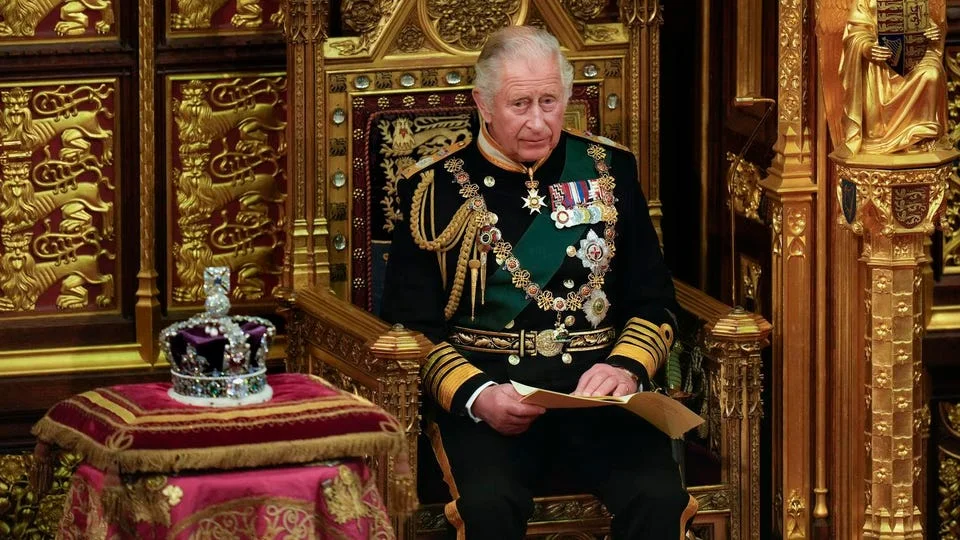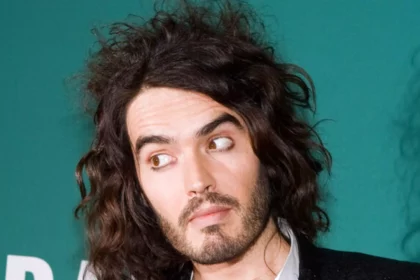The upcoming coronation of King Charles III of the United Kingdom will feature several changes from traditional ceremonies in an effort to make it more befitting of the 21st century. One of the most significant changes is the replacement of the centuries-old Homage of the Peers with a Homage of the People. This means that instead of just the dukes paying their respects to the new king, the millions of people watching the ceremony from home or elsewhere will also be invited to join a “chorus of millions” in swearing allegiance to the King and his heirs.
The order of service for the coronation will read, “All who so desire, in the Abbey, and elsewhere, say together: I swear that I will pay true allegiance to Your Majesty, and to your heirs and successors according to law. So help me God.” This is the first time in history that the public will be able to participate in this solemn and joyful moment of the coronation.
In addition to the changes in the pledge, there are other significant changes to the ceremony. For the first time, a female clergy member will play a prominent role, and the King himself will pray out loud. Religious leaders from other faiths are also expected to take part in the Christian ceremony, promoting unity between different faiths through championing interfaith dialogue and celebrating the major religions practised in the UK.
The coronation will also incorporate other languages spoken in Britain, with a hymn set to be sung in Welsh, Scottish Gaelic, and Irish Gaelic. Muslim, Hindu, Jewish, and Sikh peers will present the King with pieces of the coronation regalia, including bracelets, the robe, the ring, and the glove.
Prime Minister Rishi Sunak, who is Hindu, will read from the biblical book of Colossians during the coronation. After the religious service has ended, the King will receive a greeting from leaders of Jewish, Hindu, Sikh, Muslim, and Buddhist religions.
While the three oaths, including the promise to maintain “the Protestant Reformed Religion,” remain unchanged, the Archbishop of Canterbury will “contextualise” them to reflect the religious and cultural context of contemporary, multi-faith Britain. This means that for the first time, there will be a preface to the Oath.
These changes to the coronation ceremony reflect King Charles III’s deeply-held belief in promoting unity and inclusivity between different faiths and cultures. The greeting from leaders of multiple religions, the incorporation of other languages spoken in Britain, and the Homage of the People are all unprecedented gestures that show the King’s commitment to a modern, diverse, and inclusive United Kingdom.




